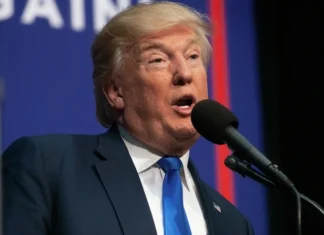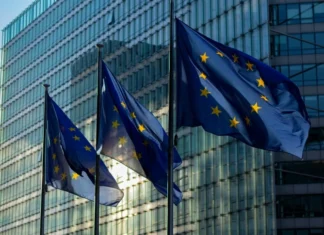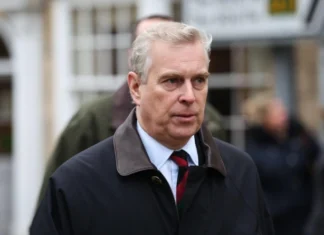Hot News
In a significant turn of events, a prominent church leader in Romania has publicly declared opposition to one of the candidates in the upcoming presidential runoff. This statement marks a first for a leader in the Romanian church, highlighting the intertwining of politics and faith in the region. The leader emphasized the importance of values such as family, community, and faith, positioning these elements as essential for the future of the country.
During his address, he asserted that supporting the alternative candidate is imperative to avoid what he describes as a potential disaster for the nation. His words resonate with many constituents who feel that the current political climate is fraught with challenges that threaten the social fabric of their communities. By voicing his concerns, the church leader hopes to inspire others to reflect on their choices during the election and prioritize the values that truly matter.
The leader’s remarks have sparked discussions across the country, igniting debates on the role of religious authorities in political matters. Some supporters laud his courage, viewing it as a moral obligation to guide the faithful in making a responsible choice. Others, however, criticize his interference in political affairs, arguing that religious leaders should remain neutral to maintain the integrity of their spiritual missions.
As Romania approaches the election, this intervention sets a precedent that could influence not only the outcome of the vote but also the relationship between religious institutions and the state. Many are now questioning how far church leaders should go in engaging with political affairs, especially when the stakes are as high as they are in this election.
The church leader noted that his stance is firmly rooted in his commitment to upholding the values that support family, faith, and national unity. “For me, my family, the church, and our community, there is only one alternative left,” he stated. He believes that, in these critical times, it is essential to rally behind candidates who embody these values and reject those who do not.
This call to action is not just about this single election; it reflects a broader sentiment among many Romanians concerning their future and the direction of their country. Voter turnout is likely to be influenced by such strong endorsements or condemnations, especially coming from respected figures like this church leader.
The implications of his declaration are profound, as they prompt voters to reconsider their positions and weigh the potential impacts of their decisions on the nation’s future. With just days to go before the election, the pressure is mounting for all involved to make their voices heard and their choices count.
In conclusion, the intersection of faith and politics in Romania continues to be a complex landscape. The church leader’s outspoken stance serves as a reminder of the influence that religious institutions can wield in shaping public opinion and voter behavior during critical times. As the election draws closer, the choices made by the electorate will undoubtedly reflect not only political preferences but also deeply held convictions rooted in community and faith.






